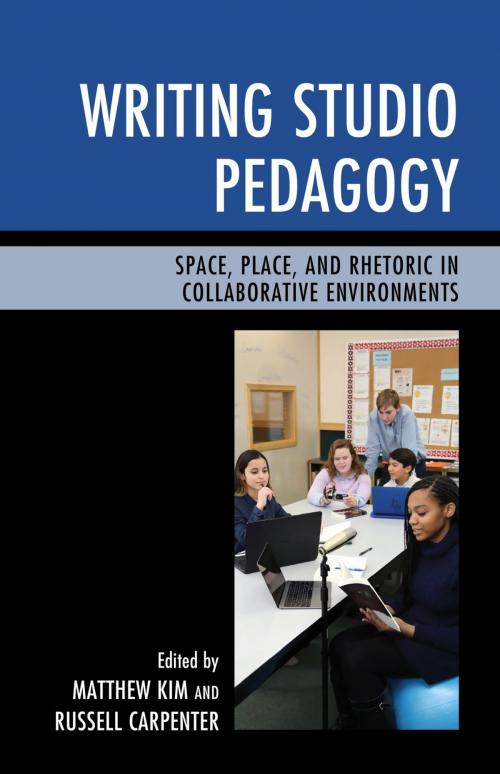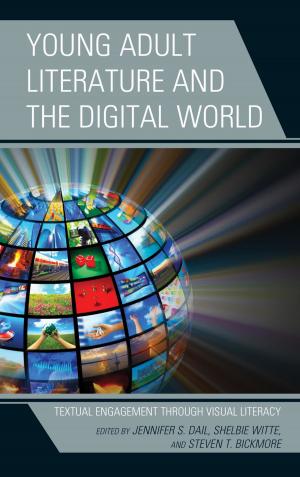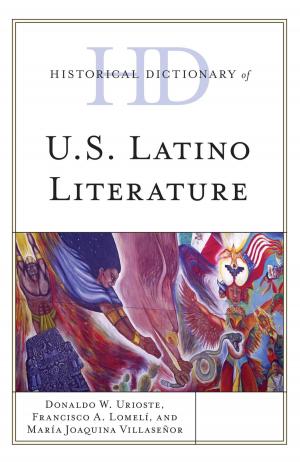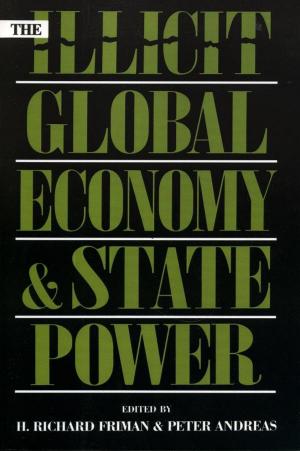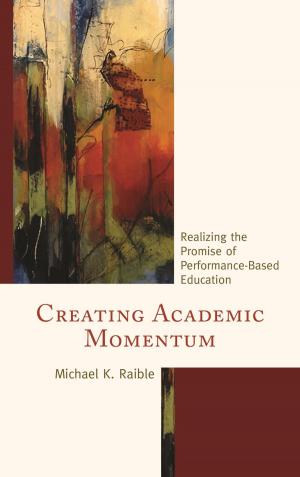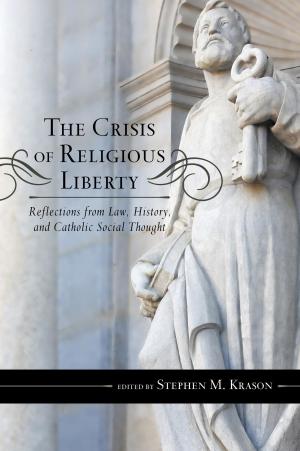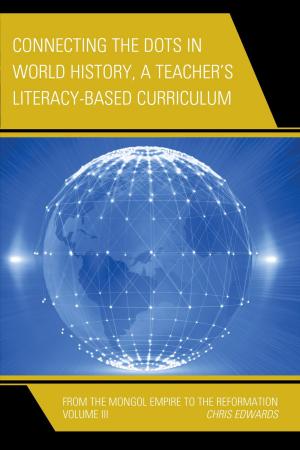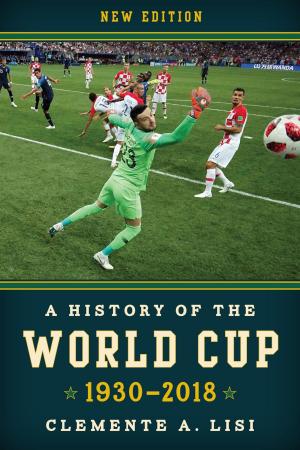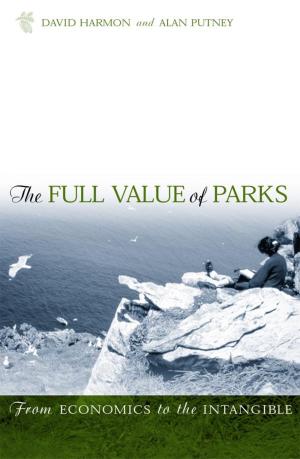Writing Studio Pedagogy
Space, Place, and Rhetoric in Collaborative Environments
Nonfiction, Reference & Language, Education & Teaching, Educational Theory, Curricula, Teaching, Teaching Methods| Author: | Matthew Kim, Russell Carpenter | ISBN: | 9781475828238 |
| Publisher: | Rowman & Littlefield Publishers | Publication: | February 22, 2017 |
| Imprint: | Rowman & Littlefield Publishers | Language: | English |
| Author: | Matthew Kim, Russell Carpenter |
| ISBN: | 9781475828238 |
| Publisher: | Rowman & Littlefield Publishers |
| Publication: | February 22, 2017 |
| Imprint: | Rowman & Littlefield Publishers |
| Language: | English |
Writing Studio Pedagogy (WSP) breaks from the tradition of teaching and responding to writing in traditional ways and moves the teaching and learning experience off the page and into engaging spaces in multiple ways, which can enhance the composing process. Through this collection, scholars interested in rethinking approaches to teaching, writing pedagogy, and innovative learning will find new ways to challenge their own understandings of space, place, and collaboration.
WSP involves an attention to space and place in the development of rhetorical acts by focusing on the ways in which they enhance pedagogy.
This book takes a unique opportunity to return to pedagogy as the foremost priority in any learning space. Educators might preference WSP for its emphasis on student-centeredness by creating productive interactions, intersections, and departures that arrive from prioritizing learning. WSP acknowledges the centralized role of students and teachers as co-facilitators in learning and writing. These threads are intentionally broad-based, as the chapters contained in this book speak to the complexity of WSP across institutions.
Writing Studio Pedagogy (WSP) breaks from the tradition of teaching and responding to writing in traditional ways and moves the teaching and learning experience off the page and into engaging spaces in multiple ways, which can enhance the composing process. Through this collection, scholars interested in rethinking approaches to teaching, writing pedagogy, and innovative learning will find new ways to challenge their own understandings of space, place, and collaboration.
WSP involves an attention to space and place in the development of rhetorical acts by focusing on the ways in which they enhance pedagogy.
This book takes a unique opportunity to return to pedagogy as the foremost priority in any learning space. Educators might preference WSP for its emphasis on student-centeredness by creating productive interactions, intersections, and departures that arrive from prioritizing learning. WSP acknowledges the centralized role of students and teachers as co-facilitators in learning and writing. These threads are intentionally broad-based, as the chapters contained in this book speak to the complexity of WSP across institutions.
